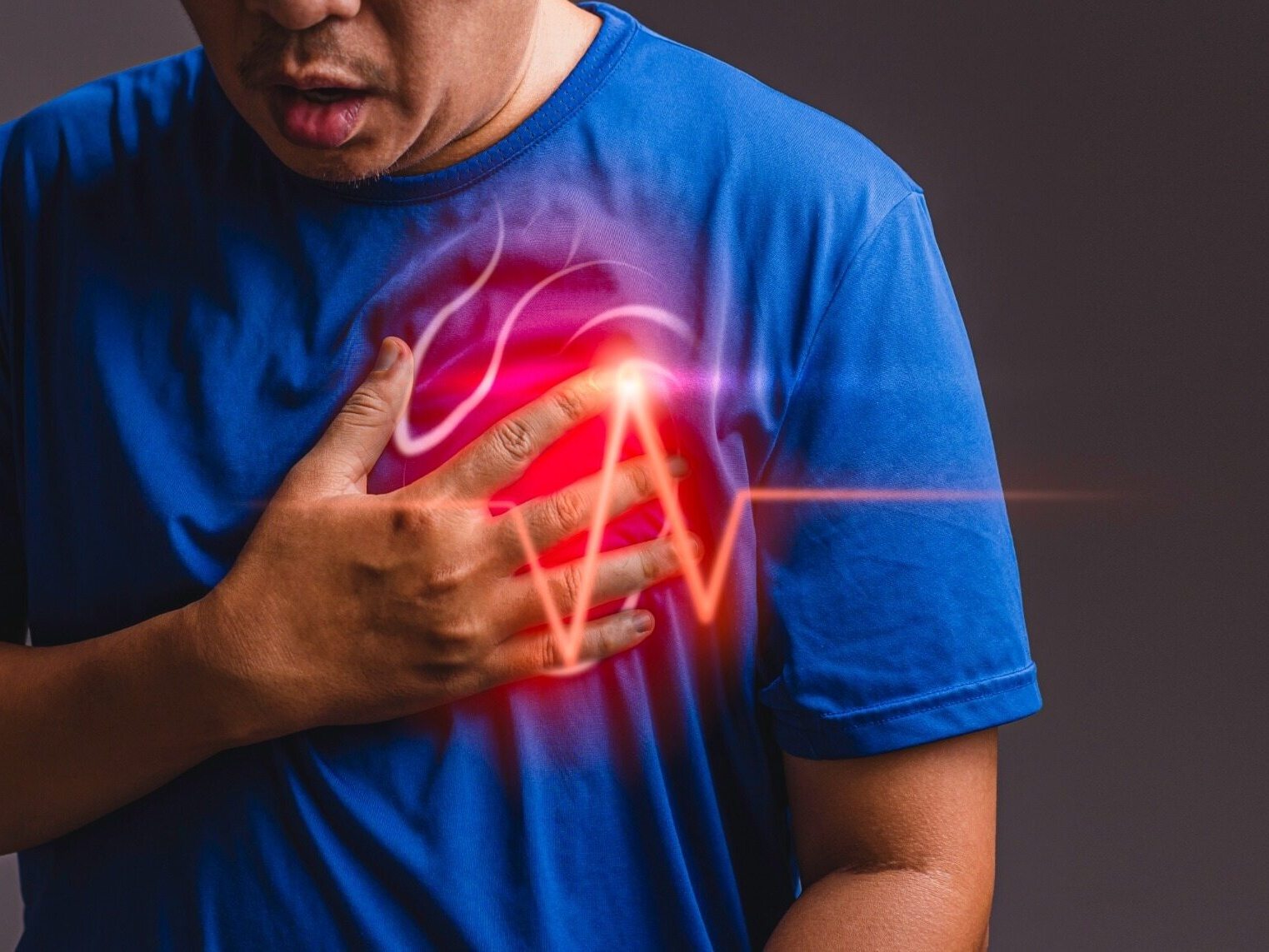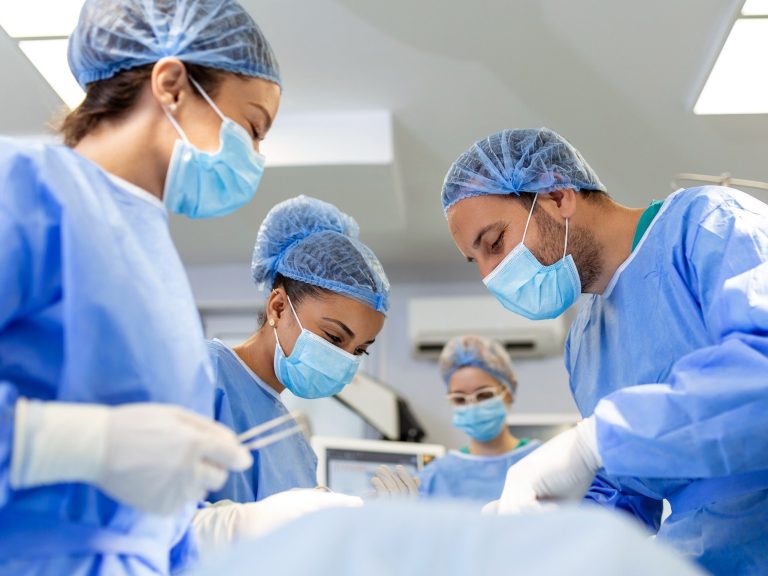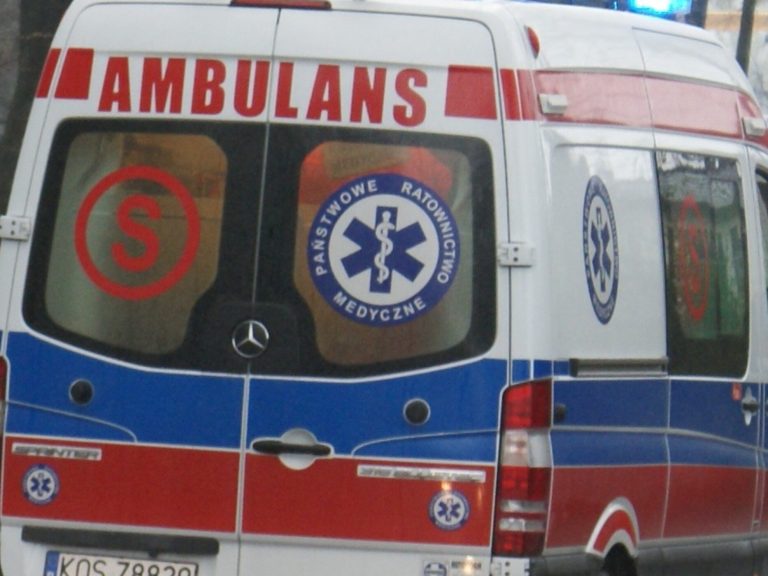Every day in Poland, 90 people die from sudden cardiac arrest. What are the symptoms?

Sudden cardiac arrest is an unexpected stopping of heart function. This condition may lead to damage to the brain and other organs due to hypoxia, and even to death.
The human body can be compared to a perfectly functioning machine in which all systems work closely together. If one of them stops functioning properly, it may pose a serious threat to the patient’s health or even life. One of such situations is sudden cardiac arrest, as a result of which the functioning of all other systems is disturbed. According to statistics from the American Heart of Poland Group, 90 people die every day in our country as a result of sudden cardiac arrest. Moreover, it turns out that not only those who have heart problems are at risk.
What is sudden cardiac arrest?
“Sudden cardiac arrest is the cessation or significant impairment of the mechanical activity of the heart, which translates into loss of consciousness, most often with respiratory arrest and the absence of a palpable pulse. If proper resuscitation measures are not taken, irreversible changes in the brain usually begin just 3 minutes after sudden cardiac arrest, and death occurs literally a few minutes later,” explains a cardiologist from the American Heart of Poland Group, Dr. Hab. n. med. Adam Janas.
The most common causes of sudden cardiac arrest are related to cardiac problems, such as:
-
pulmonary embolism,
-
heart failure
-
myocardial infarction.
However, not only people struggling with the above diseases are at risk. “SCA can also occur in apparently healthy people. This group includes athletes because intense effort during competition, especially in situations when motivation is high, may result in sudden cardiac arrest. It is worth noting that these threats would not occur if a person avoided extremely intense sports. The risk group also includes people with undiagnosed diseases such as: long QT syndromes – a rare heart disease with a genetic basis, or congenital cardiomyopathies, which are related to disorders in the structure of the heart muscle and its incorrect functioning,” the specialist added.
What are the symptoms of sudden cardiac arrest?
Symptoms of sudden cardiac arrest include:
-
lack of response to stimuli (this is the result of interruption of blood flow to the brain),
-
loss of consciousness,
-
lack of noticeable breathing (so-called agonal breathing, which involves irregular attempts to gasp for air),
-
no palpable pulse wave in larger arteries.
Sudden cardiac arrest carries an increased risk of death if the patient is not in hospital at the time. That is why it is extremely important for witnesses to react quickly and help the sick person. “When cardiac arrest occurs and the heart stops beating, it is easy to panic. It often happens that we do not know how to react effectively, which most often leads to a passive attitude – waiting for the ambulance to arrive. Unfortunately, such inaction may have tragic consequences for a person whose life is at risk. If we react quickly and perform indirect heart massage, the patient’s chances of recovery significantly increase,” explained the cardiologist. Additionally, recent studies show that SCA causes different symptoms in women and men.
What to do to reduce the risk of SCA?
In this case, prevention plays an extremely important role. “Quitting smoking and regular cardiological examinations after the age of 40 are very important in assessing cardiovascular risk and implementing appropriate treatment,” explained the cardiologist. Currently, our country has the “Profilaktyka 40 plus” program, under which people over 40 can undergo free tests and carefully check their health.






